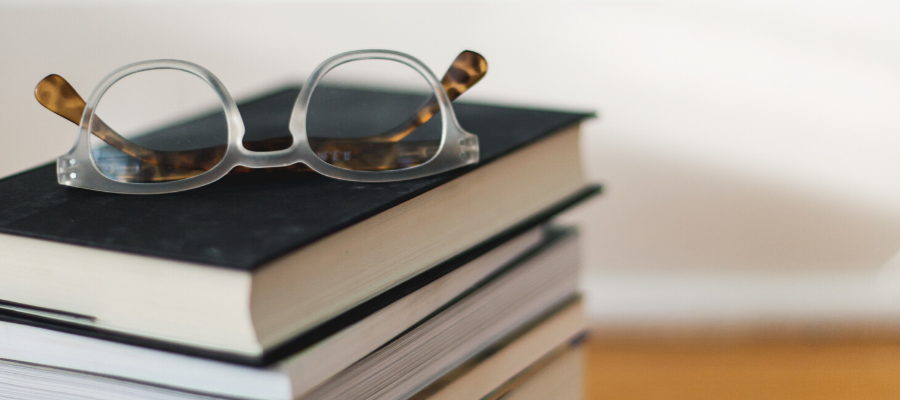Science vs. Pseudo-science
Mar 02, 2008Astronomy is science; Astrology is pseudo-science. Evolutionary Biology is science; Creationism is pseudo-science.

In a piece on Aeon Magazine, psychologist Rami Gabriel assesses the value of self-help literature. Gabriel talks about the immense power these books often attribute to our own minds over the physical world—usually ignoring social, political, economic, and historical factors. Do these books rely on a sort of magical thinking about the control we have over our lives? Do they feed into an idiosyncratic, American narcissism that prioritizes furthering our pursuits over helping others? Are they even worth reading in the first place?
Perhaps unsurprisingly, Gabriel comes down heavily against self-help books. While I don't really disagree with anything in his article, I do think he leaves out a few points I would make in favor of self-help. Let me put my cards on the table; I too have first-hand experience with these books. I actually got interested in philosophy after reading Eckhart Tolle's The Power of Now, a book mentioned in Gabriel's article.
I would make two points: First, there do seem to be interesting, substantive conclusions in this literature about how much control we have over our thoughts and emotions. Essentially, this is an extension of meditation, and I haven't heard of psychologists disparaging this practice very much. While I don't know if there's a psychological consensus on the merits of meditation, I don't think it's absurd to think that adjusting certain habits of regulating thoughts and feelings could be worthwhile.
Second, while Gabriel mentions tentatively the importance of self-help books providing people hope in their lives, he relegates most of the benefits there to a kind of placebo effect. I think this short-sells the positive role self-help (and religion, which he also tacitly targets) can play in providing people hope for improving their lives. I personally don't rely on self-help (nor religion) to feel confident about my life. And while I do think superstitious or magical thinking can be toxic, something has to give people hope in their lives. If a little superstition is what it takes for some people, then maybe—if we're thinking about whether we want this to exist in our society—maybe it's worth it.
Here's the full article:
https://aeon.co/essays/self-help-is-a-kind-of-magical-thinking-thats-why...
Comments (2)
pattyblack
Tuesday, November 5, 2024 -- 7:34 AM
Self-help books can offerSelf-help books can offer valuable insights, but they aren't always a one-size-fits-all solution. Sometimes, understanding their concepts and applying them effectively is challenging. In such cases, choosing to buy a book report https://qualitycustomessays.com/buy-a-book-report/ can help with writing assignments by providing clear summaries and interpretations, making it easier to grasp key points and implement them.
NinaDov7
Saturday, January 18, 2025 -- 2:43 PM
Self-help books can be bothSelf-help books can be both inspiring and frustrating. They often promise life-changing results, but if you’ve ever tried to implement their advice, you know it’s not always that straightforward. I’ve found that the same goes for academic writing. There’s plenty of advice out there on how to write a perfect paper, but when you’re staring at a blank page or juggling a hundred responsibilities, it can feel impossible to put theory into practice. That’s why having access to the best nursing paper writing service has been such a relief for me. It’s not just about getting help—it’s about learning how to turn ideas into well-organized, impactful work. Sometimes, a little guidance makes all the difference in finding your stride.